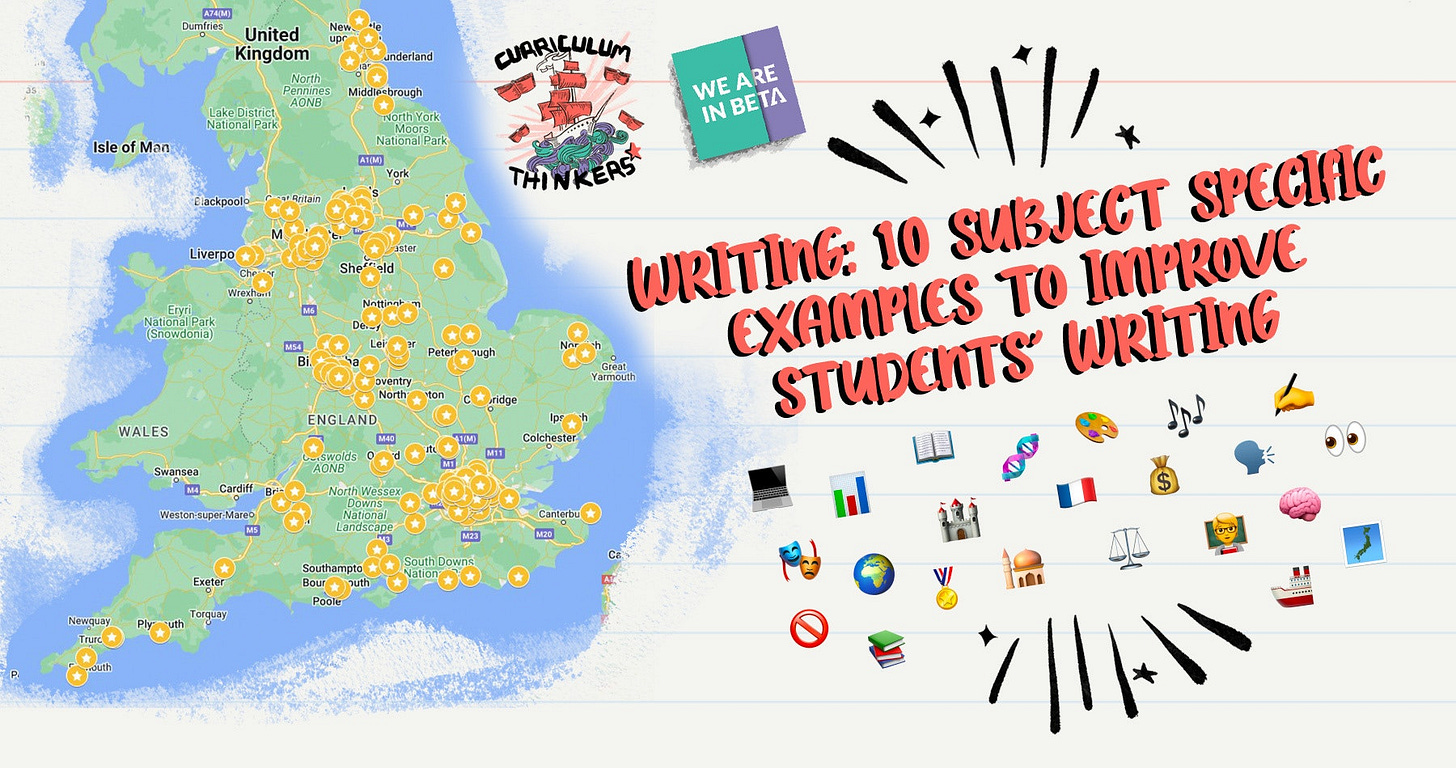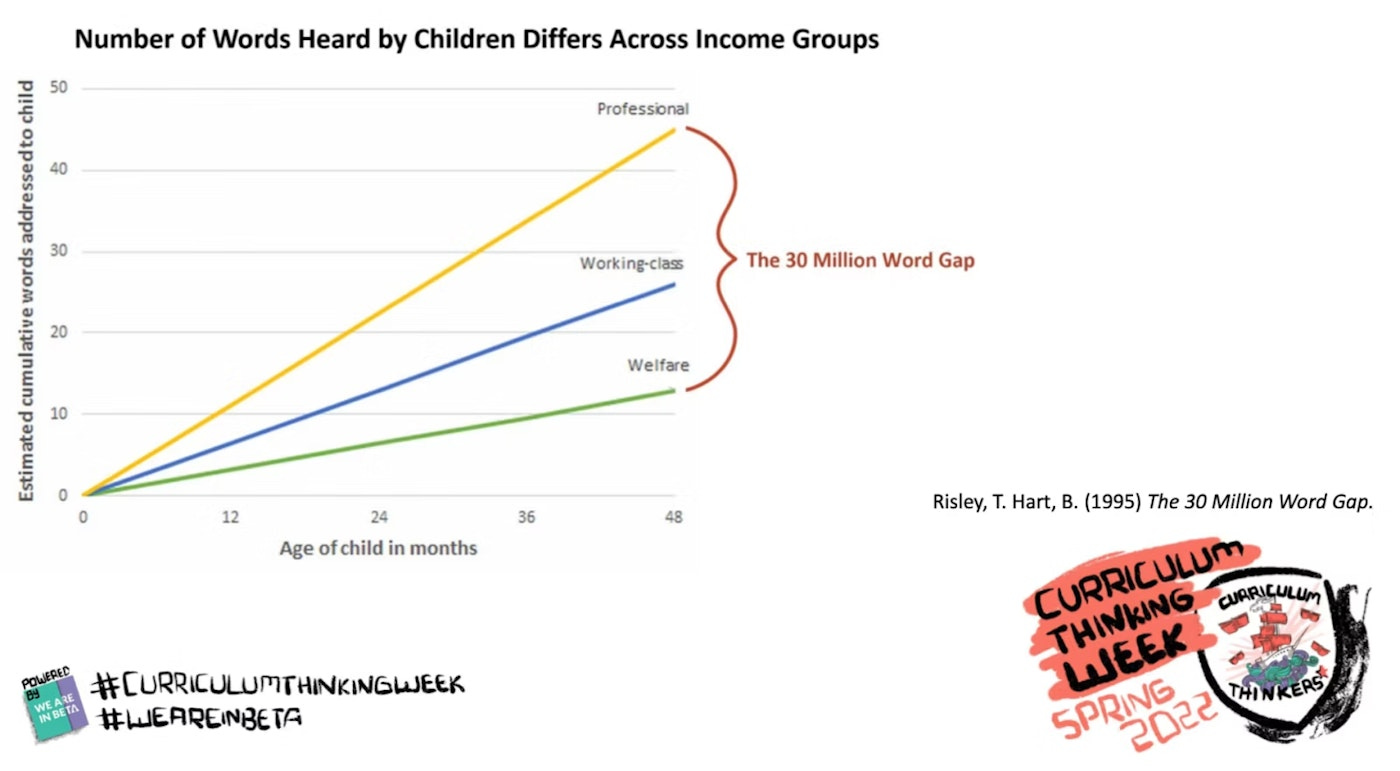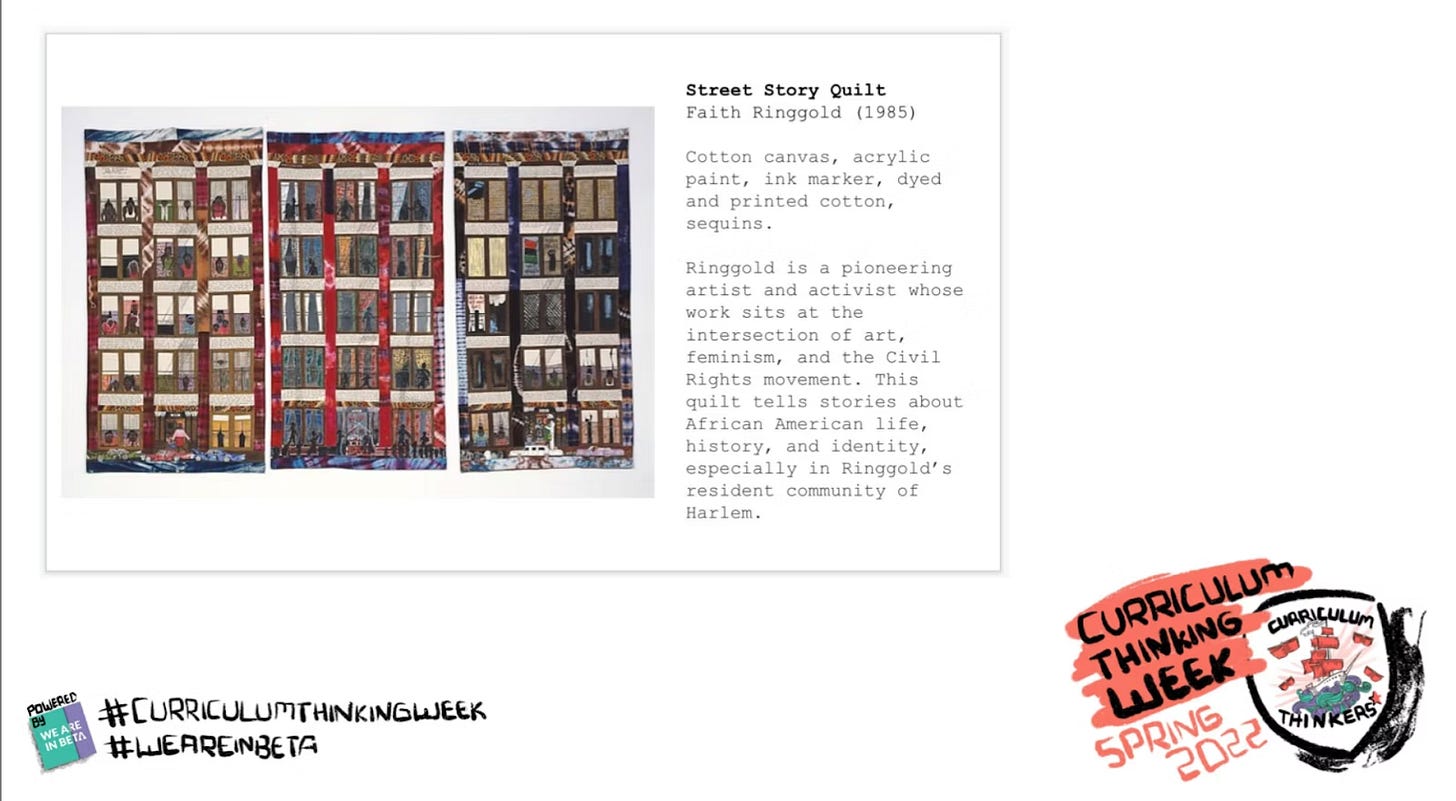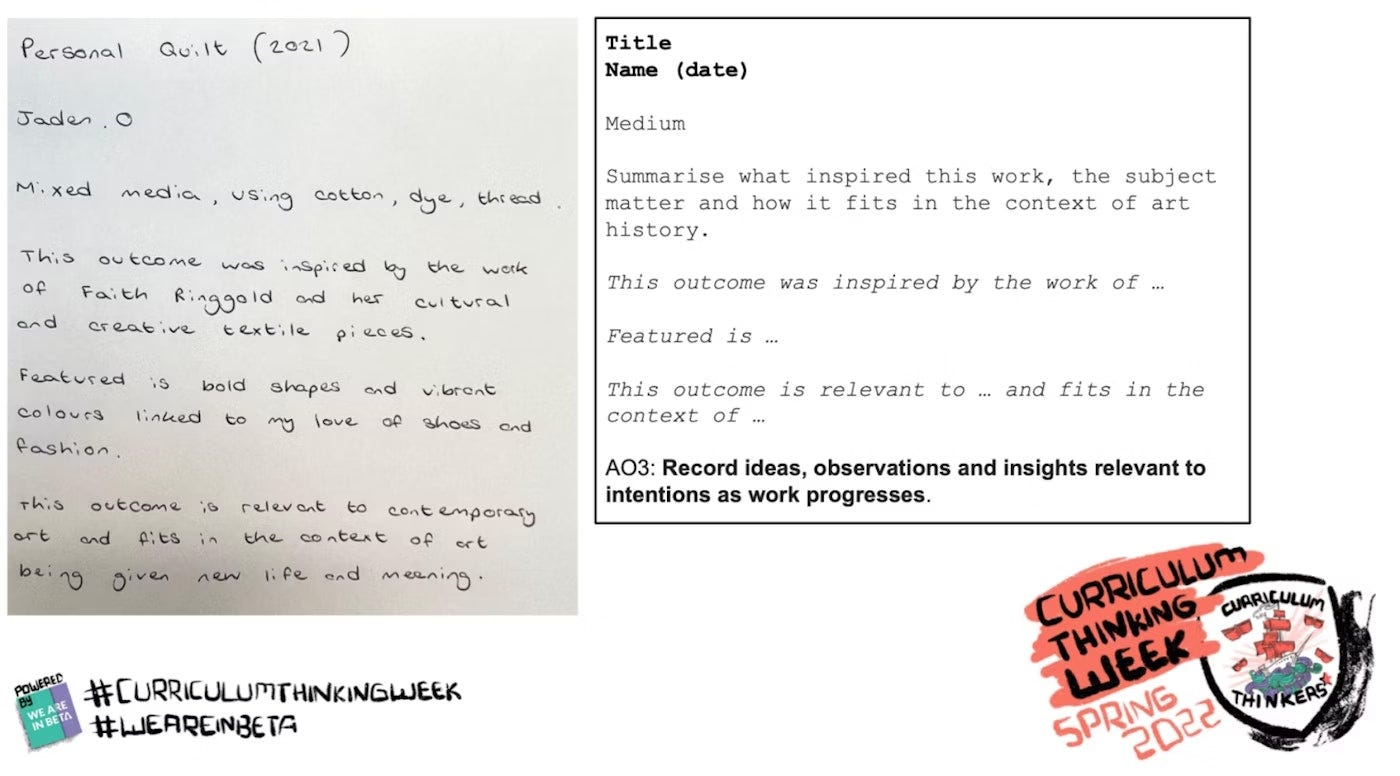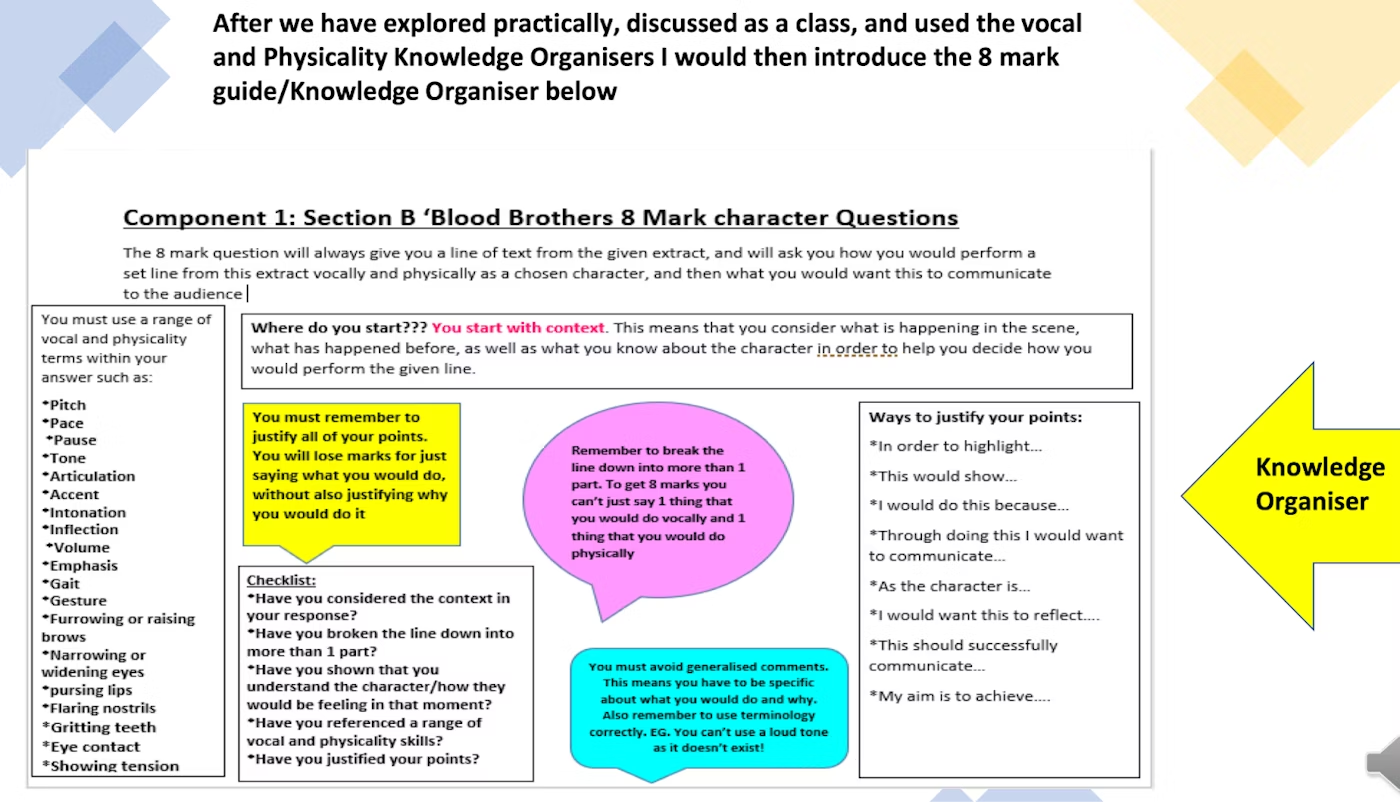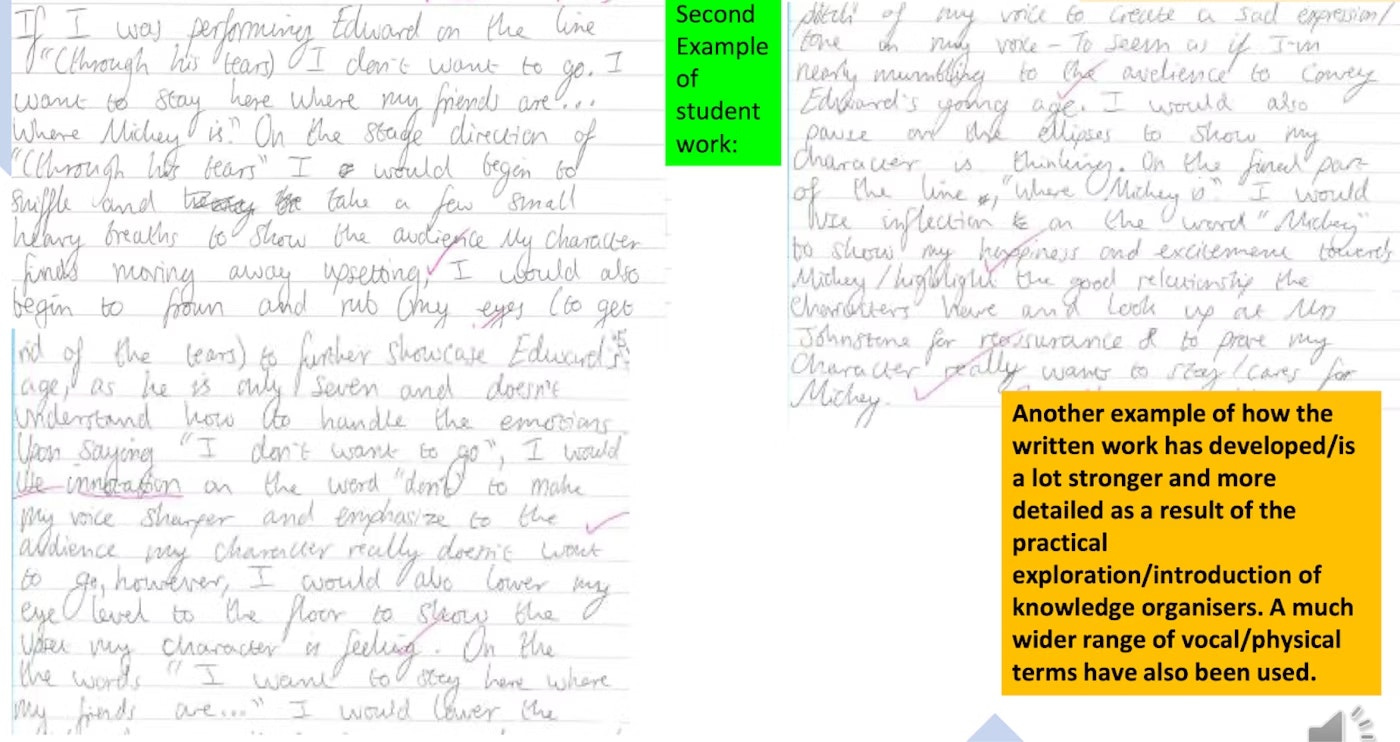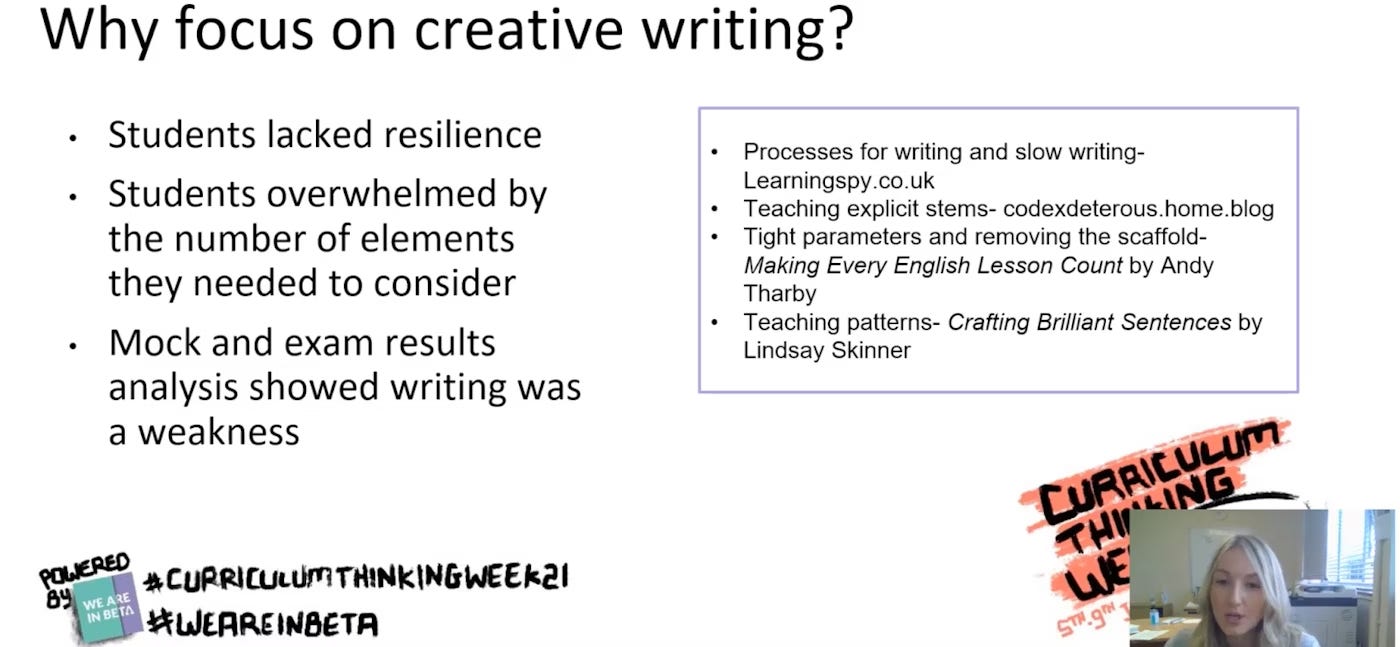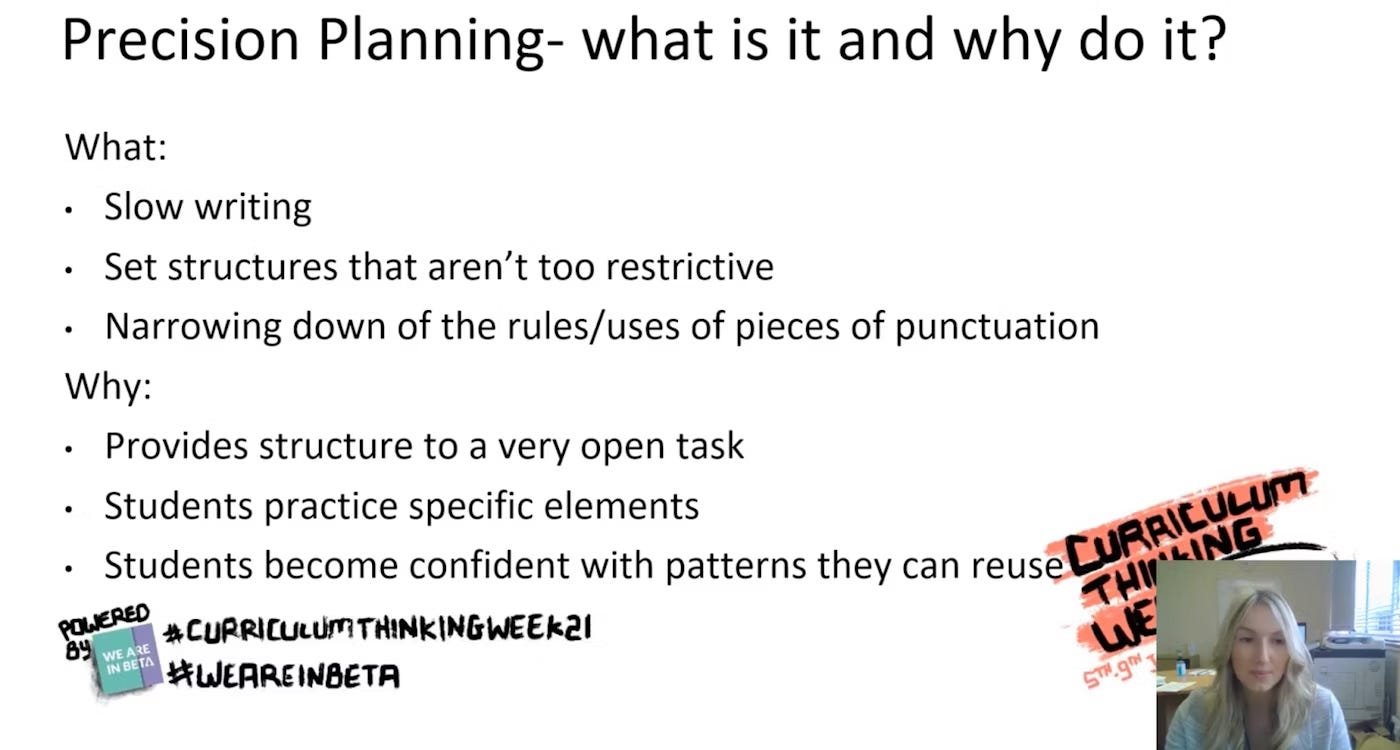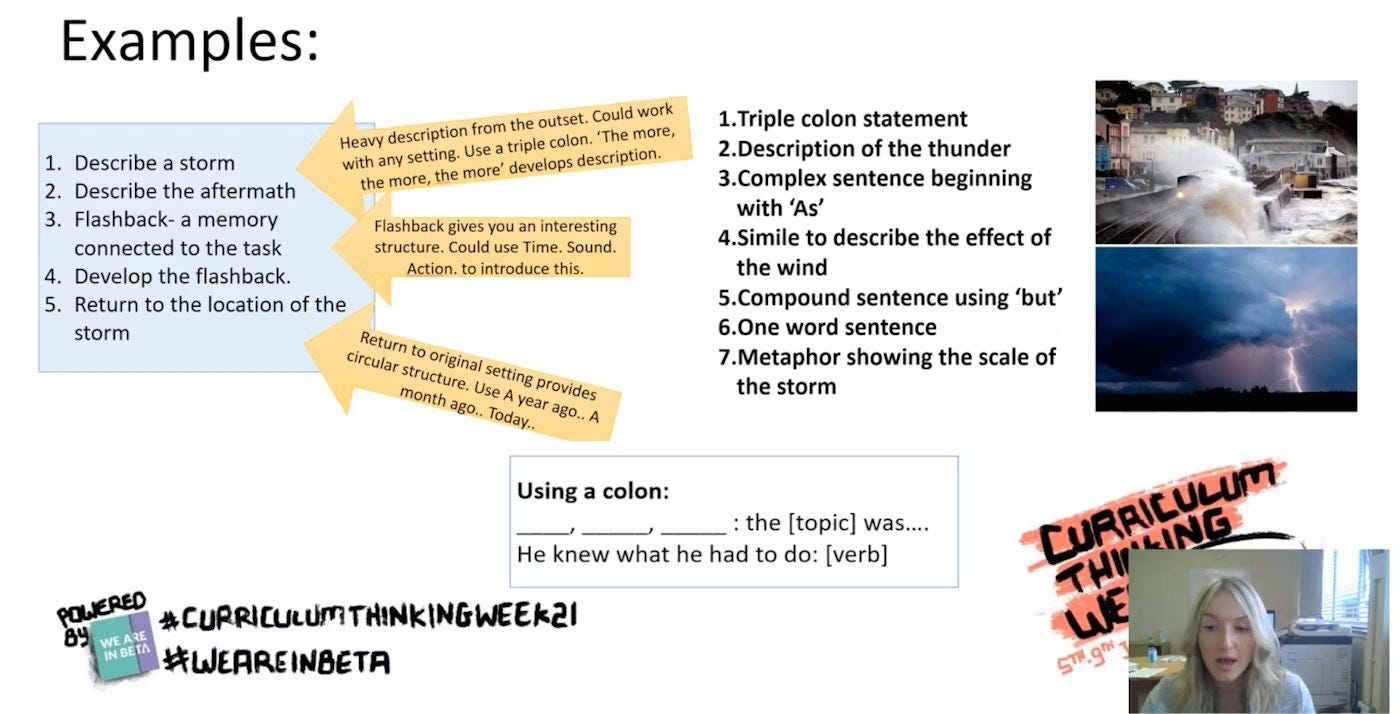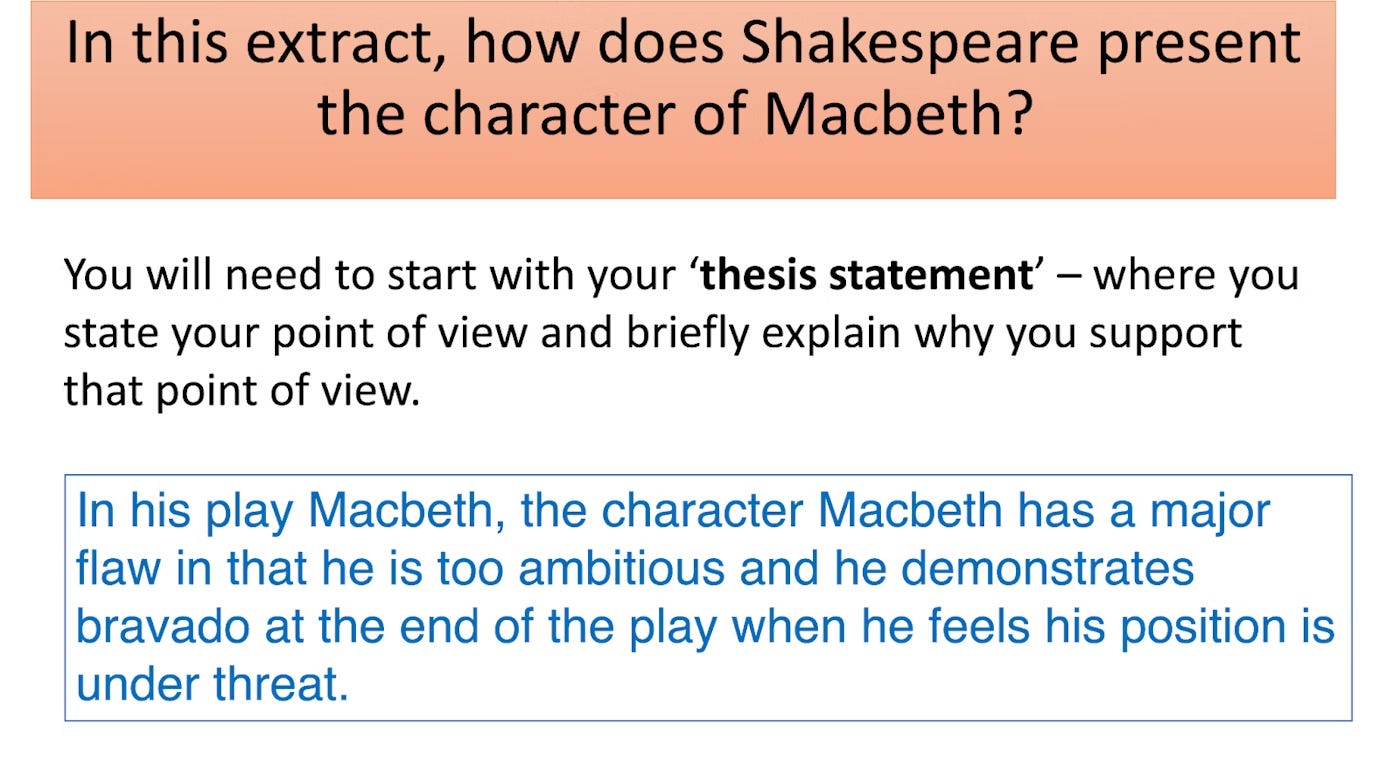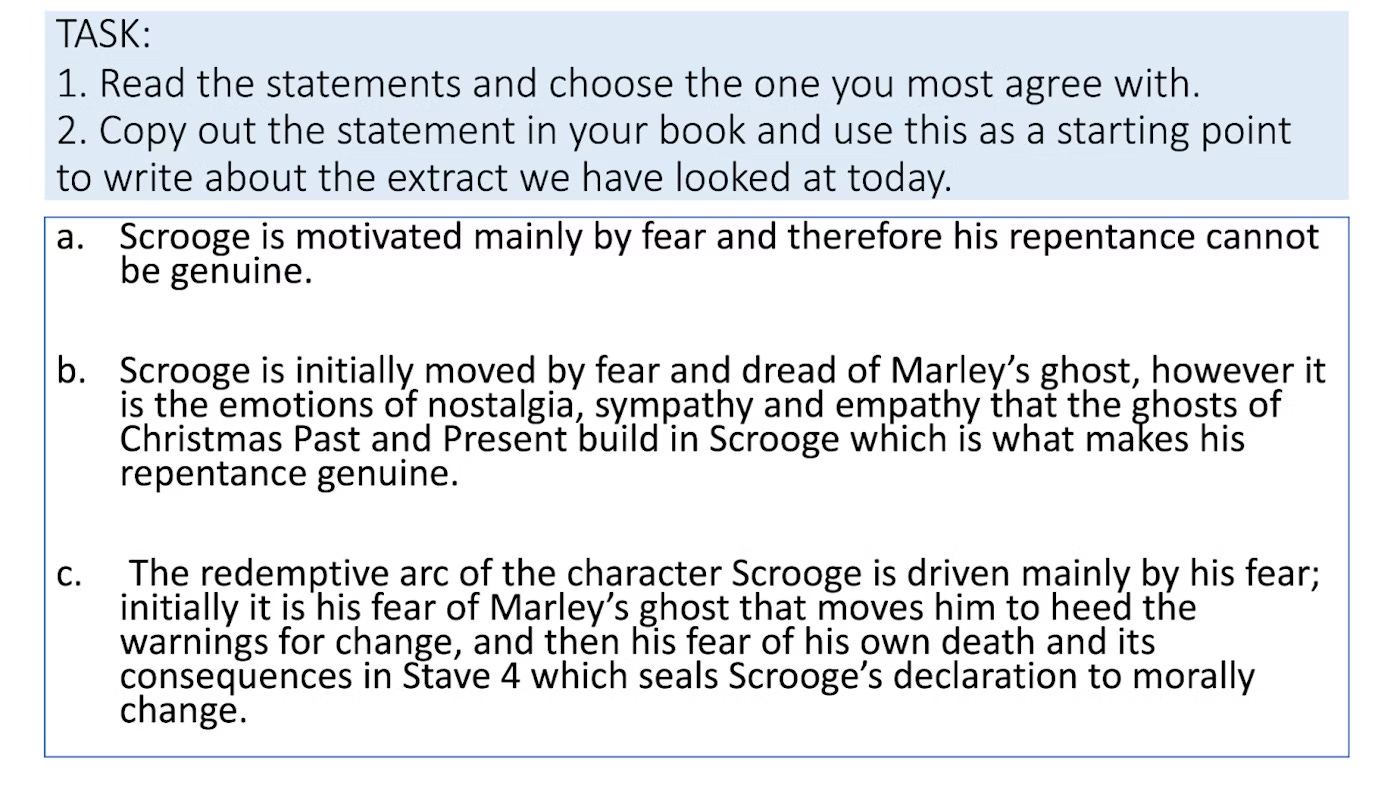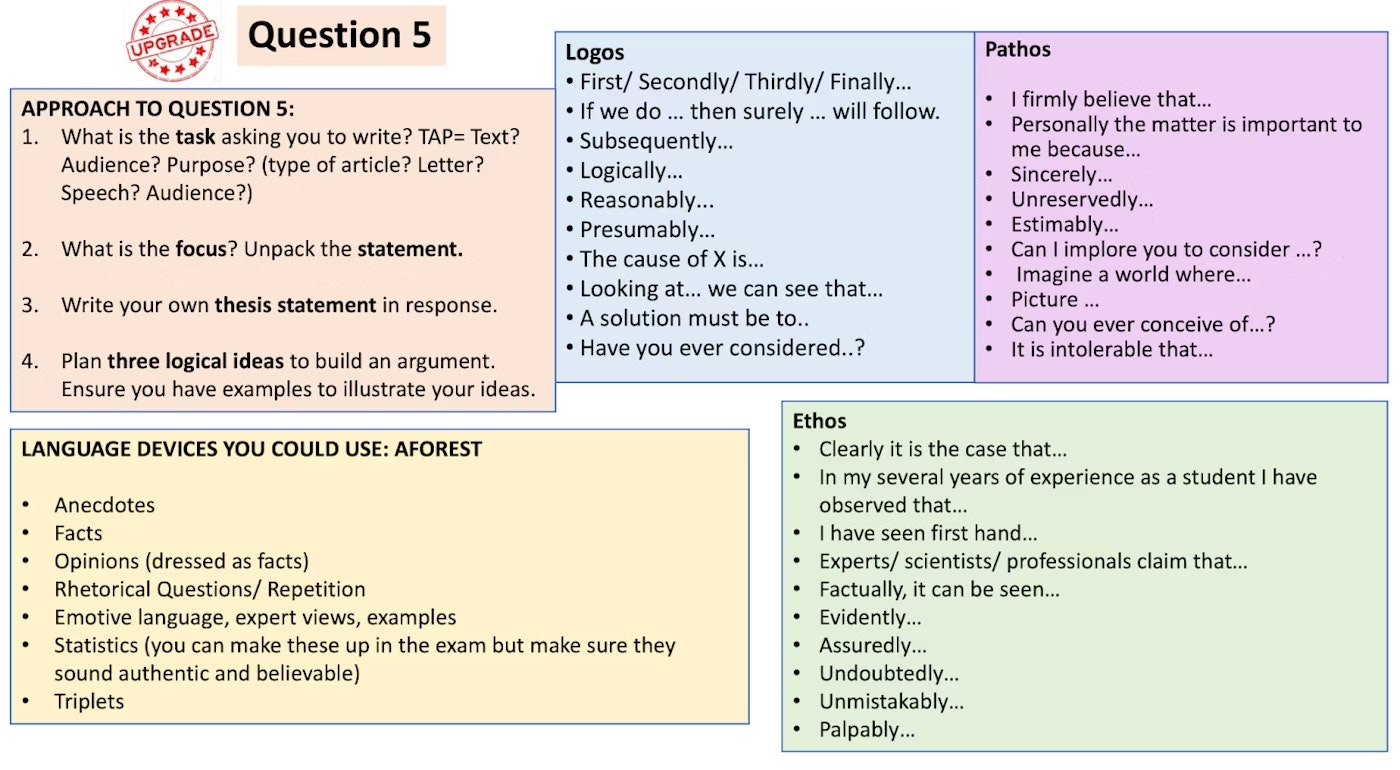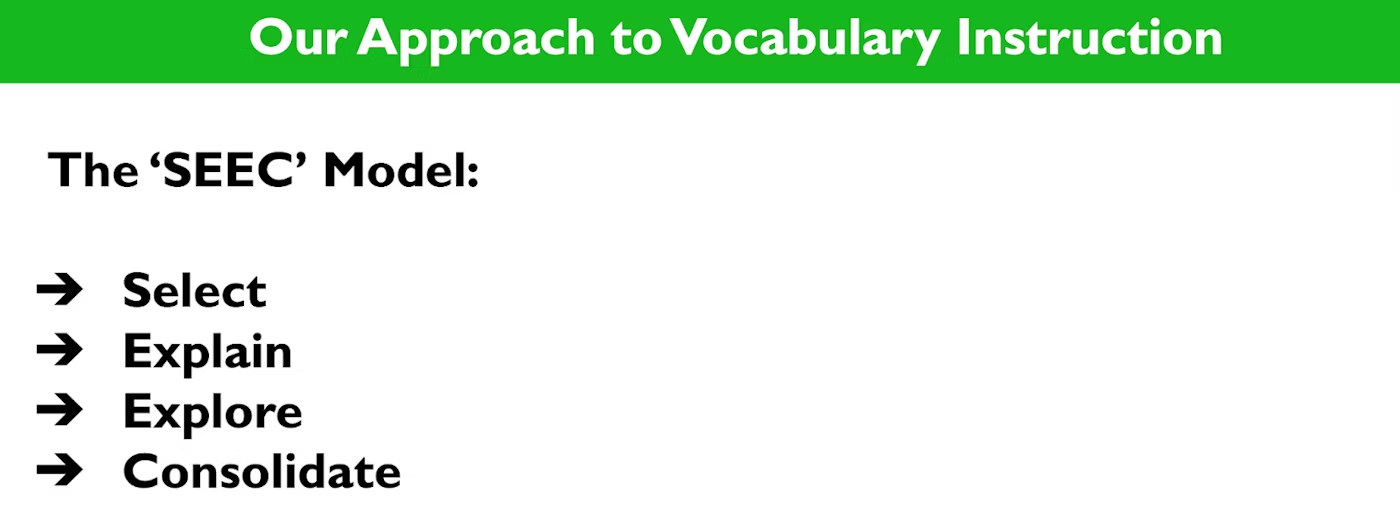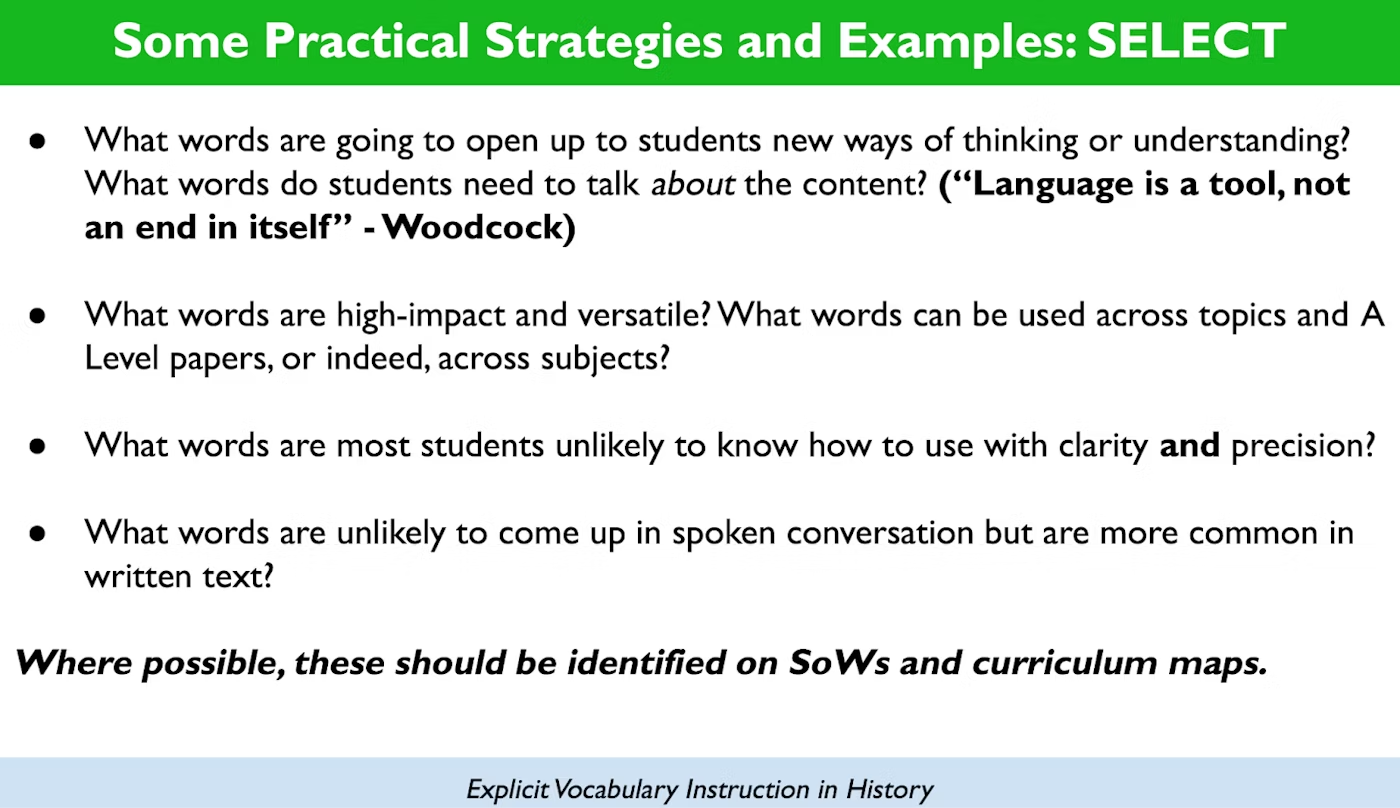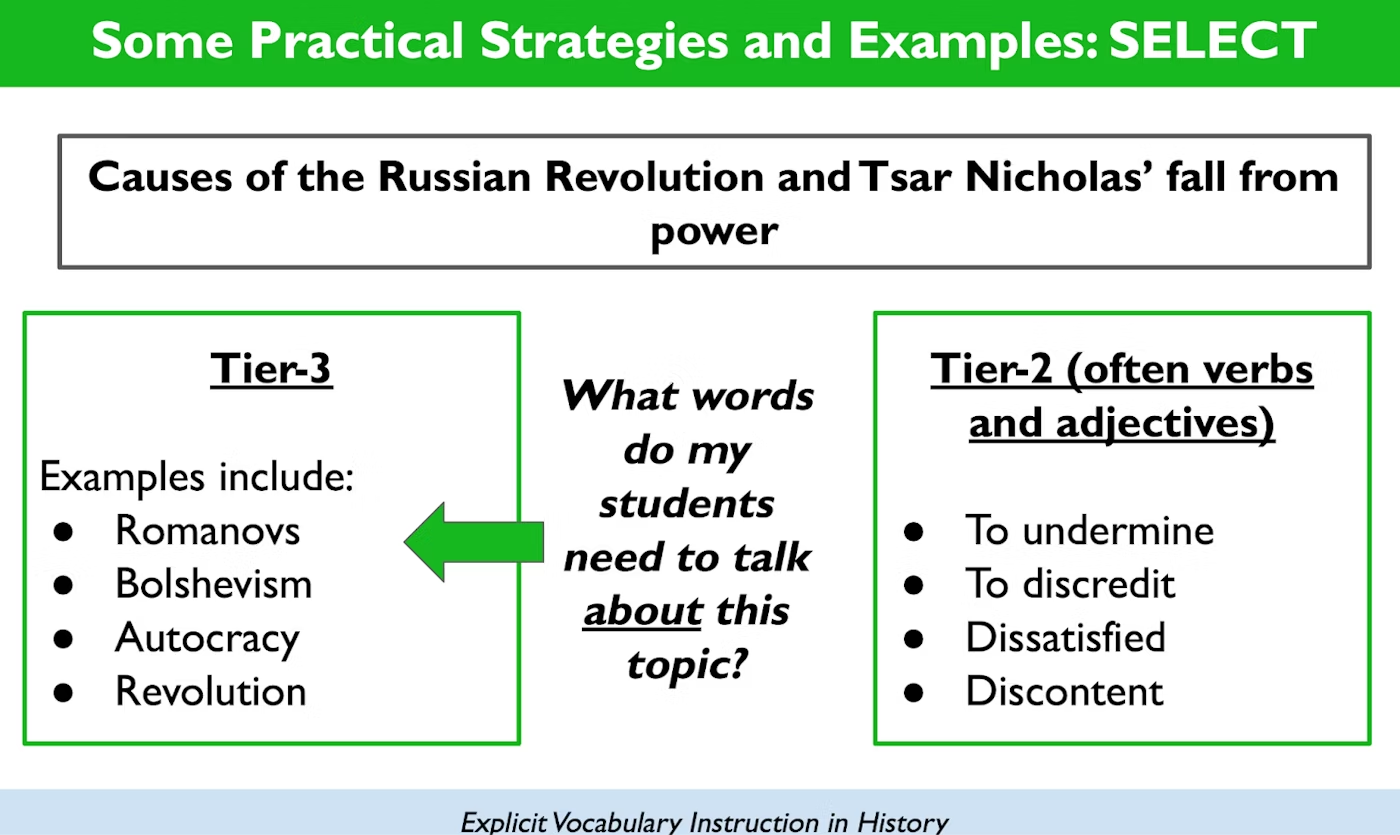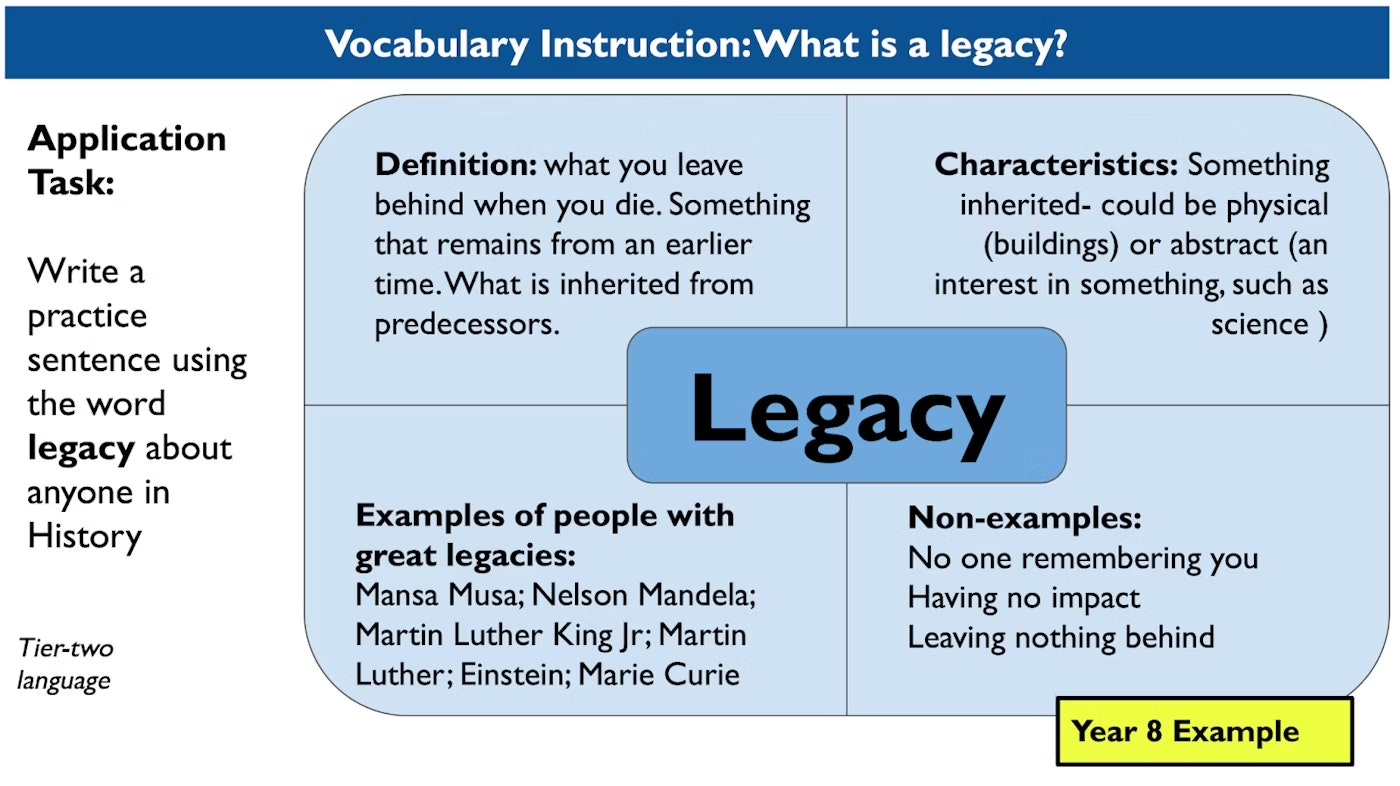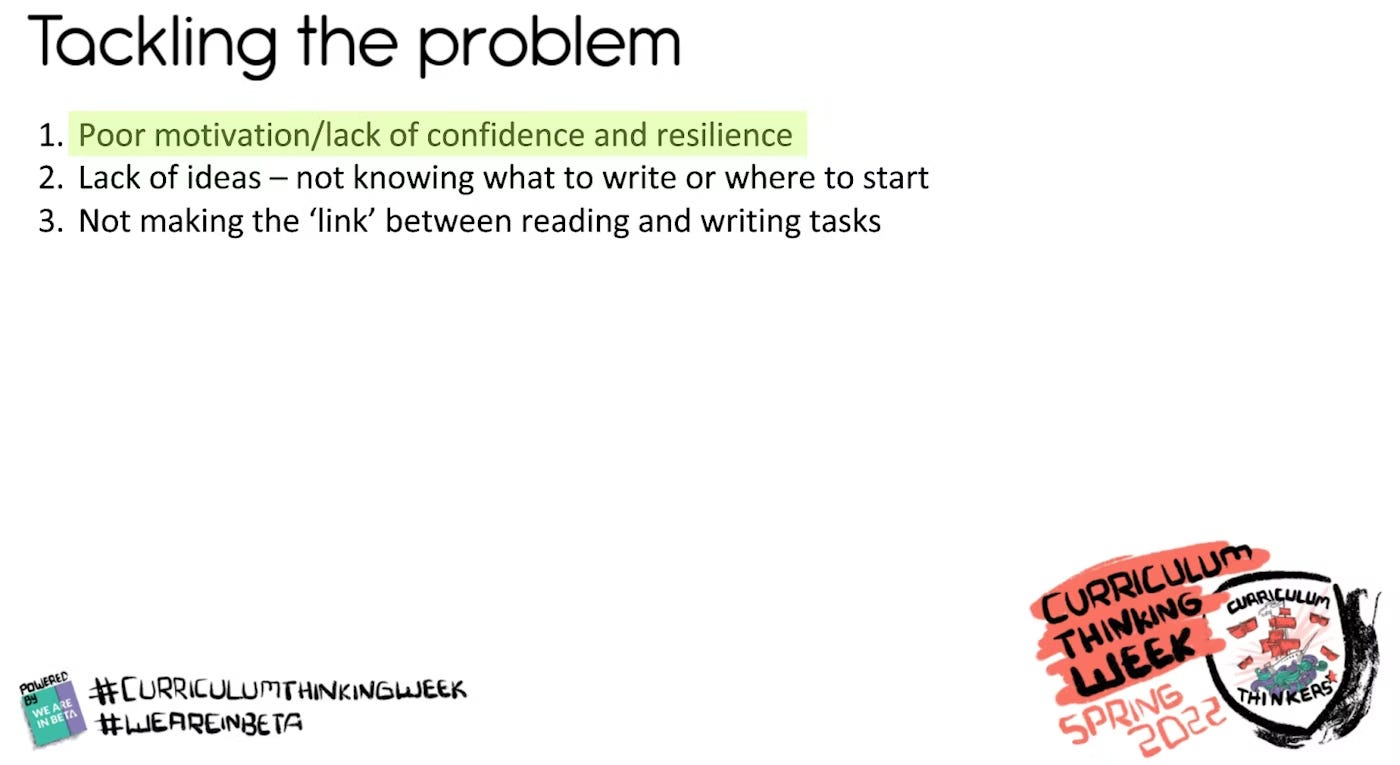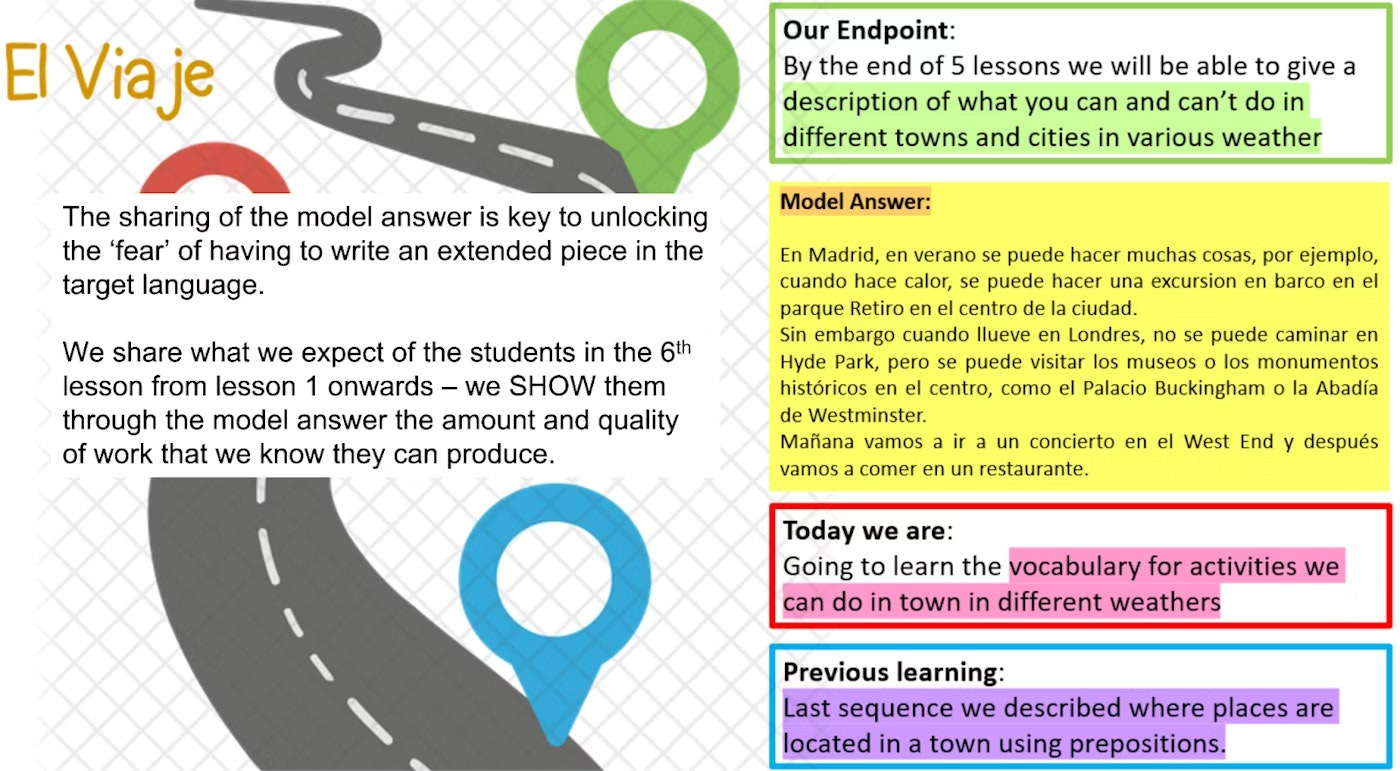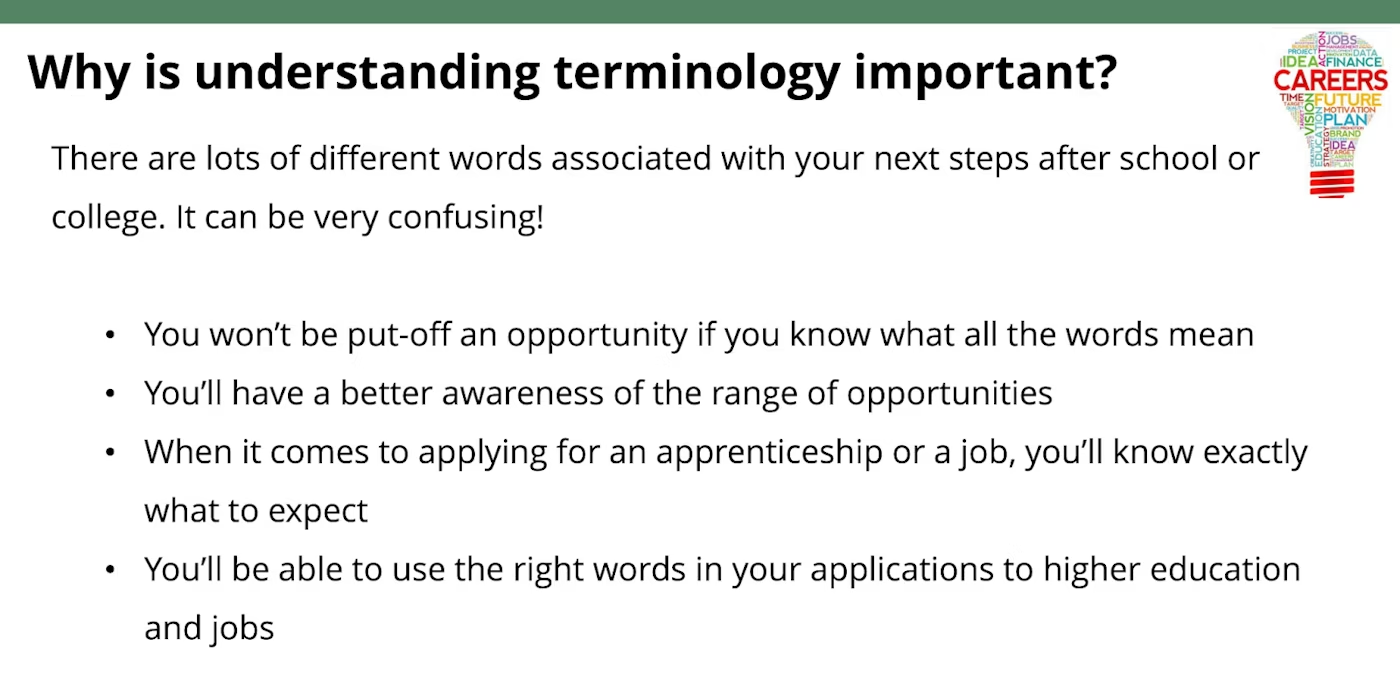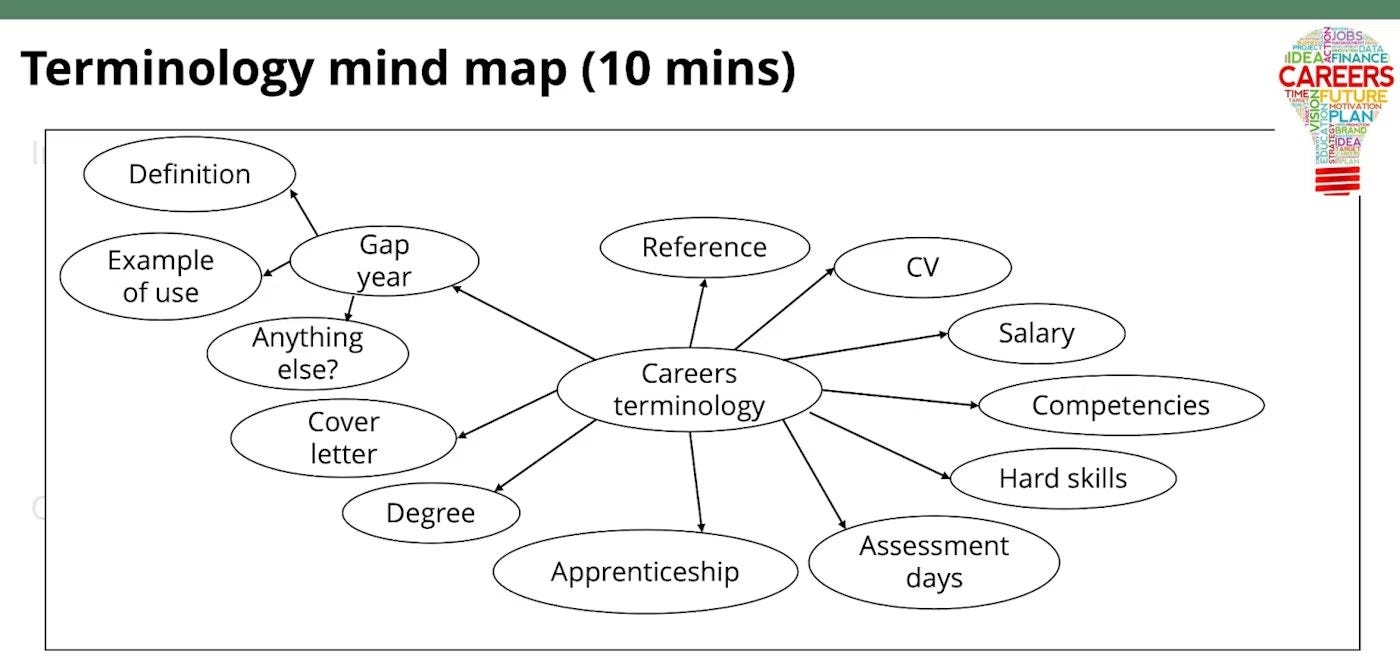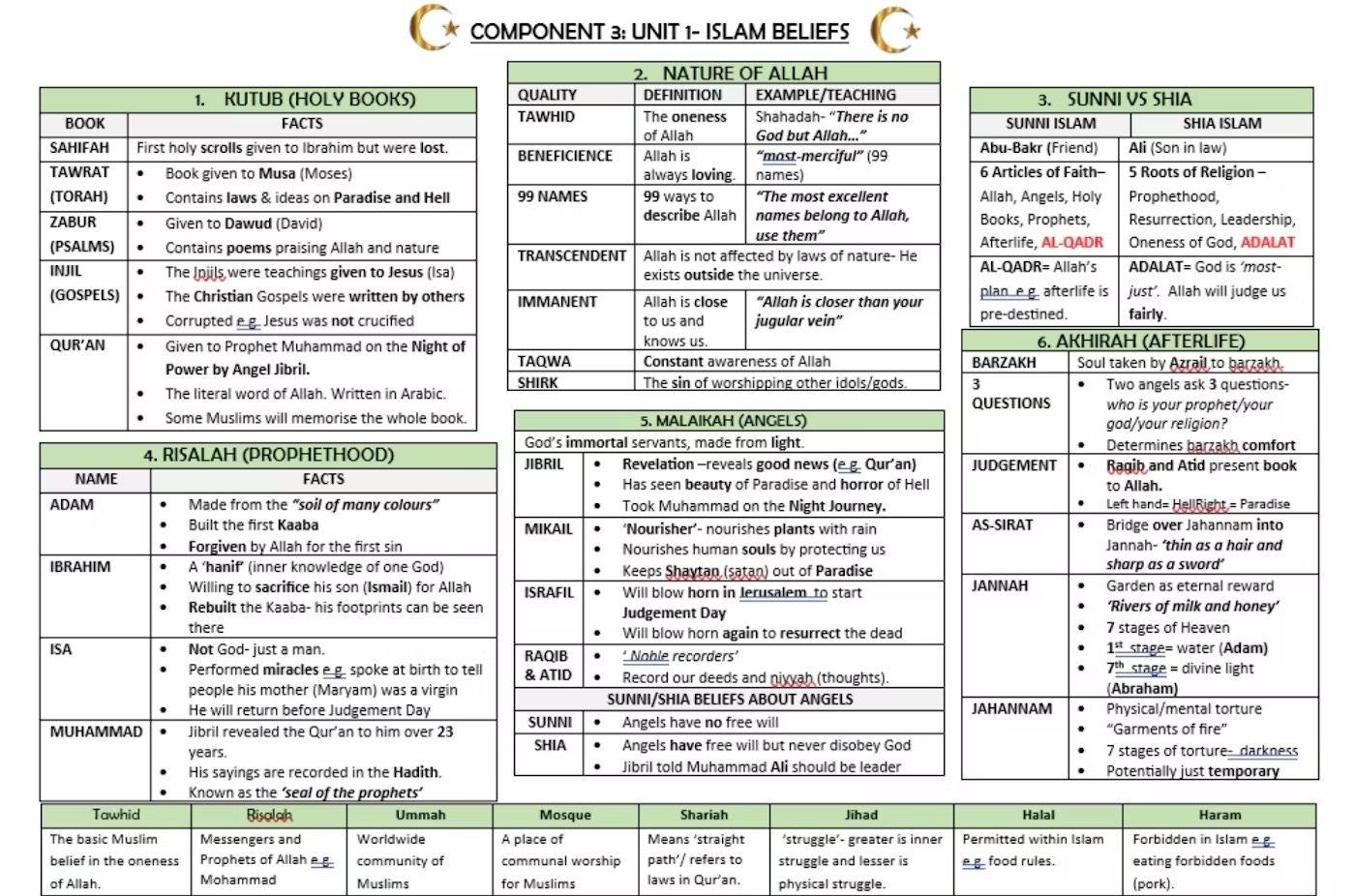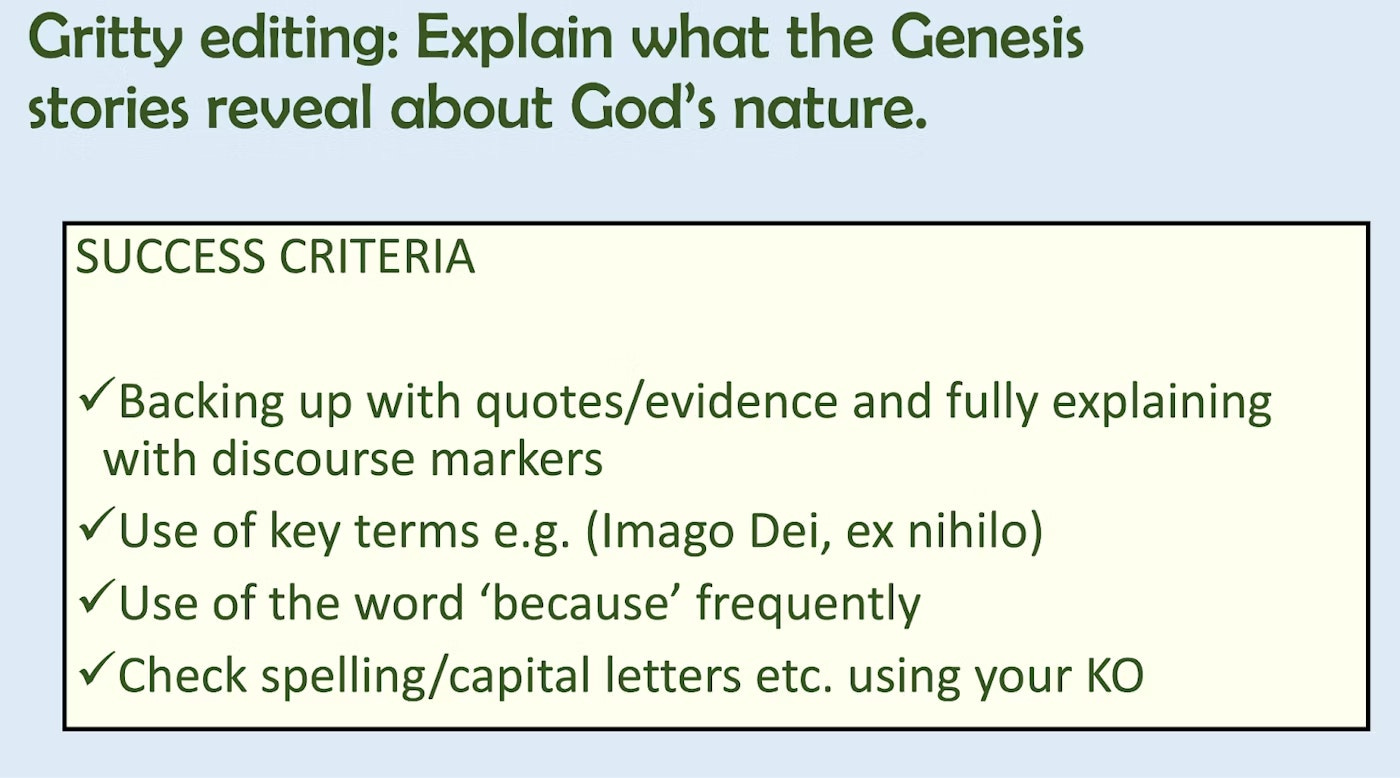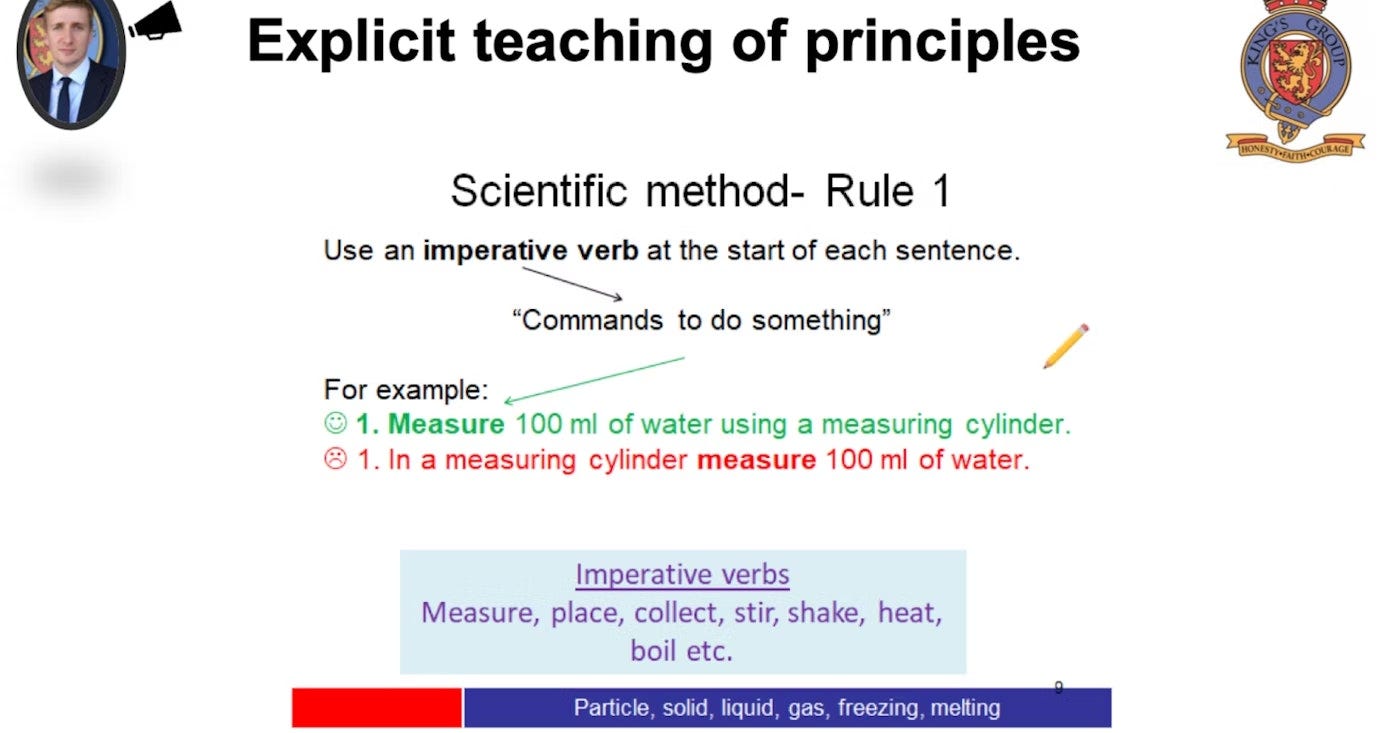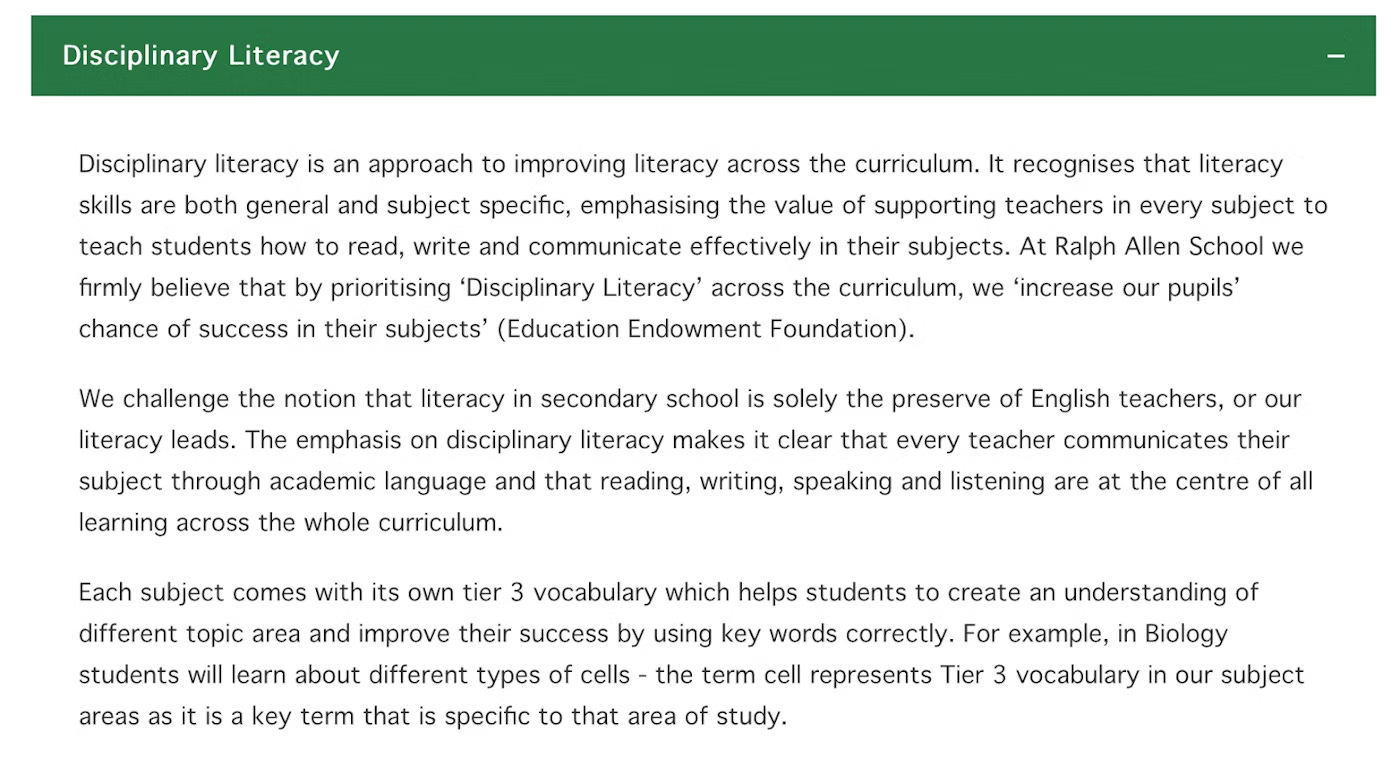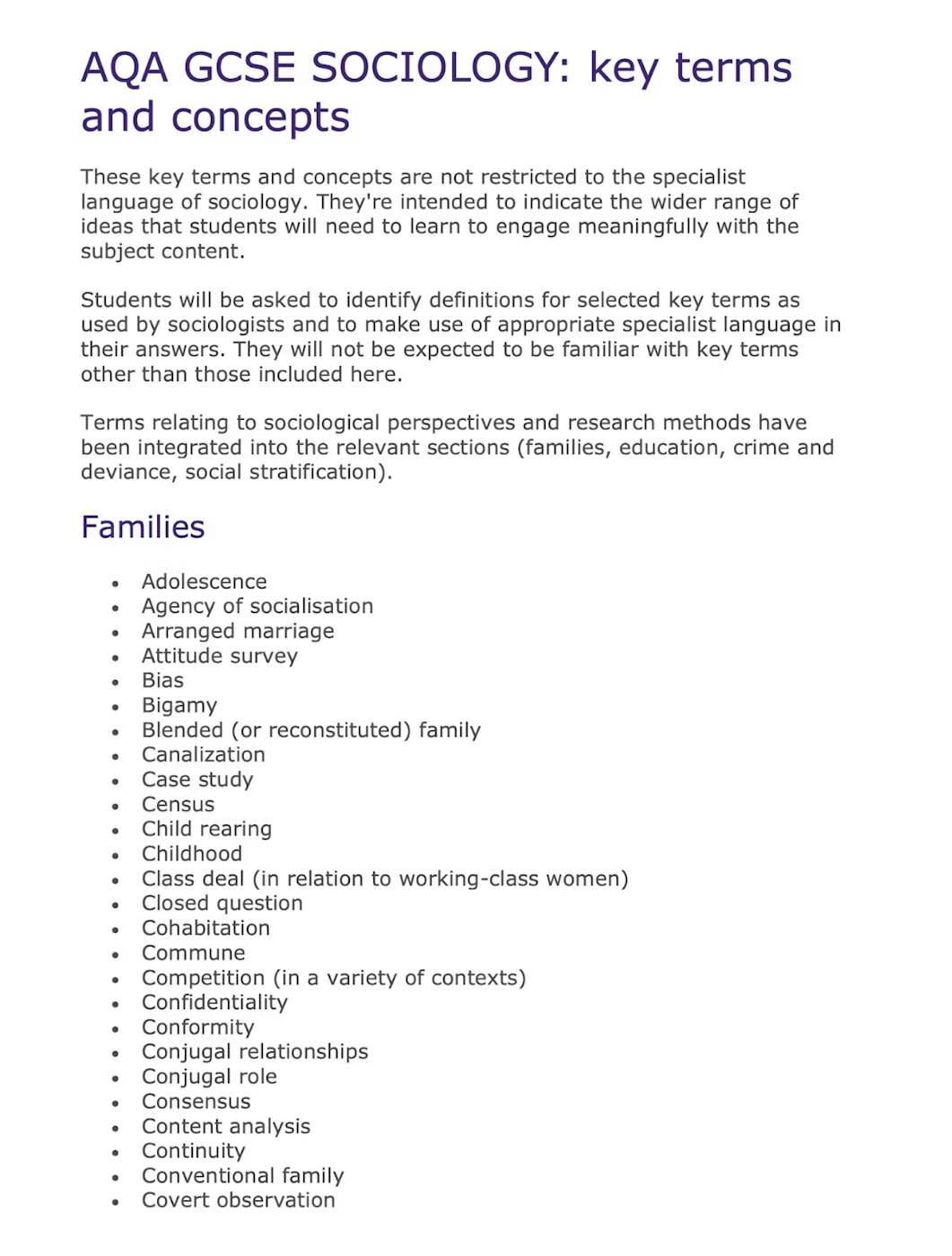Writing (Part 2): 10 Subject Specific Examples to Improve Student Writing
This is another guest post by our wonderful Curriculum Thinkers Community member, Louise Ferrier. If you find it useful, she’d love to hear your thoughts in the comments here. Enjoy the bank holiday weekend.
Hello Curriculum Thinkers,
Last week we shared 6 whole school considerations for improving writing instruction.
This week we drill into subject-specific building blocks to look at writing improvement in practice. The examples range from the promotion of disciplinary literacy through models to the building blocks of vocabulary and sentence knowledge.
Before we reveal the three frameworks, a quick public service announcement…
We’re hiring for curriculum policy and practice research opportunities
Are you professionally nosey? Do you like learning how others achieve academic success? Do you like earning while you learn?
If yes, we have an opportunity that you’ll love:
If successful, we’ll give you full access to all of our recordings, resources and research so you can glean new insights for your own CPD and share them with fellow members of the Curriculum Thinkers Community so they can benefit too.
Feel free to reply to this email if you have any questions.
Art
Prioritising disciplinary literacy
The Art department at the Greenshaw High School wanted to improve disciplinary literacy and used their passion for art history/context to achieve this. Inspired by the 30 million word gap (visualised below), they set out to close the gap as efficiently as possible.
A write-up of the work of an artist is modelled and the tier 3 vocabulary explored in detail with students. Using a framework (seen below) students are required to write up their own completed practical using the same framework. The department has seen an increase in AO3 marks as a result.
Watch the full presentation here.
Drama
Knowledge organisers for developing exam writing
Copleston High School’s Drama department prepares students for the theory paper of GCSE Drama by preparing student writing by putting the question knowledge organiser into practice. This involves bringing the vocabulary, the practical and the key knowledge together to develop the writing.
Watch the presentation here.
English
Building writing stamina
Creative writing's lack of resilience was noticed by the English department of Glenmoor & Winton Academies. To address the problem, they developed a precision planning system of tighter planning parameters: slow writing, structure and using patterns of punctuation which are adapted to the subject matter. By practicing these patterns they are reducing the cognitive load of writing under pressure (an exam scenario for example), freeing up the brain to consider the content of the writing.
In English Literature, thesis statements are an effective and powerful way to introduce essays. At St Marks Academy, thesis statements are also used as a basis to plan the essay and have found students more confident as a result. Interestingly, they have used the strategy to also improve language responses for AQA paper 2 Q5:
Watch the Glenmoor and Winton Academies’ presentation here.
Watch the St Marks Academy presentation here.
History
Improving vocabulary for writing
The History department of Whitefield School has devoted time to explicit vocabulary instruction to improve writing using the SEEC model (see below). Their approach focuses on tier 2 and 3 vocabulary from Coxhead’s Academic Word List and encompasses the Frayer model-style tasks too:
Watch the full presentation from Whitefield School here.
Some resources and recordings are only available to paying members of the Curriculum Thinks Community who can:
learn from hundreds of recordings covering every aspect of curriculum development across 20 subjects
download 2000+ resources - both whole school and subject specific
access 700+ academic related policies, plus analysis of them, from successful schools - T&L, assessment, homework and more.
Not a member yet?
Sent this by a friend?
Languages
Sentence Building
The MFL department of Harris Academy Ockendon identified a lack of motivation and confidence in independent writing. They have worked hard on developing strategies using the work of Gianfranco Conti which advocates building fluency through chunking units of meaning including using sentence builders. These units build confidence over time and are modelled every lesson.
Watch the detailed presentation and access the resources here.
PSHCE
Developing Vocabulary Exercises
At the Northampton School for Boys a meaningful PSHCE delivery of careers is a priority. The example of the vocabulary exercise below is used with Yr 7, helping to empower students to articulate their careers using accurate language.
Access the presentation here.
RE
Terminology Knowledge Organisers in action
Glenmoor and Winton Academies produce terminology knowledge organisers which are then referenced in writing tasks. The expectation is not just that the terminology is accurately applied but that students are able to use their KO to self correct where necessary (As seen in the success criteria below):
Access the resources here.
Science
Disciplinary Literacy in Practice
The writing of scientific methods was tackled at the King's Academy Ringmer through the explicit teaching of a series of principles that students learn need to be used. This starts with introducing them to imperative sentences and vocabulary. The simplicity of this approach is easily replicable and built upon as students develop their skills.
Watch the presentation and download the slides here.
Social Sciences
Disciplinary Literacy Policy in Practice
At the Ralph Allen School, the sociology department follows the school’s disciplinary literacy policy which references the EEF ‘Improving Literacy in Secondary Schools’ document ( see below). The multiple-page disciplinary terminology document is published on the school website for students and parents to access at any time.
Sent with ❤️ from the Curriculum Thinkers Team at We Are In Beta


